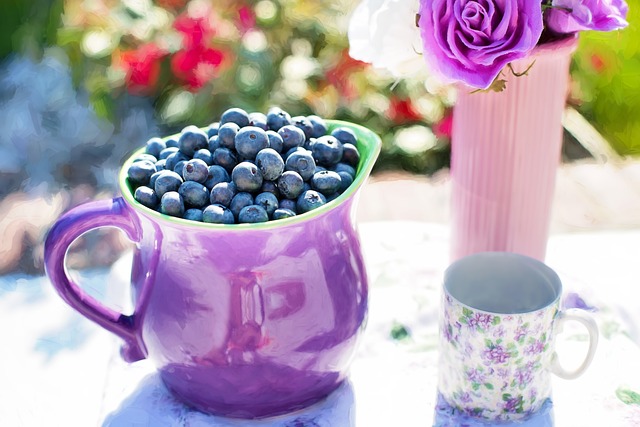Introduction
Probiotics and prebiotics are two terms that are commonly used when referring to gut health. However, many people use these terms interchangeably or do not fully understand the difference between them.
Probiotics are microorganisms that are beneficial to gut health and can be found in fermented foods and supplements. Prebiotics, on the other hand, are non-digestible fibers that act as food for the probiotics in the gut.
In this blog, we will explore the difference between probiotics and prebiotics and which you may need for optimal gut health.
What are Probiotics?
Probiotics are live microorganisms that provide numerous health benefits when consumed in adequate amounts. The most common types of microorganisms used in probiotic supplements and foods include lactobacillus and bifidobacterium.
Probiotics can help improve digestion, boost the immune system, and even alleviate certain skin conditions and allergies. They are often found in fermented foods such as yogurt, kefir, sauerkraut, and kimchi.
What are Prebiotics?
Prebiotics are non-digestible fibers that act as fertilizer for probiotics. They provide the necessary food for probiotics to thrive and multiply in the gut. Common sources of prebiotics include fruits, vegetables, and whole grains.
While prebiotics themselves are not beneficial microorganisms, they play a crucial role in maintaining proper gut health by supporting the growth of probiotics. They can help improve gut immunity, increase mineral absorption, and regulate bowel movements.
The Difference Between Probiotics and Prebiotics
The main difference between probiotics and prebiotics is that probiotics are live microorganisms that provide numerous health benefits, while prebiotics are non-digestible fibers that act as food for probiotics.
Probiotics can be found in fermented foods or taken as supplements, while prebiotics are found in foods such as fruits, vegetables, and whole grains.
While both probiotics and prebiotics are important for gut health, they have distinct roles and should be consumed in combination for optimal results.
Which Do You Need?
Both probiotics and prebiotics are important for maintaining optimal gut health, but the amount and combination that you may need can vary based on your individual gut microbiome.
If you are looking to improve digestive health or alleviate certain conditions, such as irritable bowel syndrome, you may benefit from consuming probiotic-rich foods or supplements.
On the other hand, if you are looking to support the growth of probiotics in your gut, consuming prebiotic-rich foods such as oats, bananas, and garlic can provide the necessary food for probiotics to flourish.
It’s important to note that while both probiotics and prebiotics are generally safe to consume, some individuals may experience side effects such as bloating or diarrhea when first introducing them into their diet. It’s important to start with small amounts and gradually increase consumption to allow the gut microbiome to adjust.
Conclusion
In conclusion, probiotics and prebiotics are two distinct but equally important components of gut health. Probiotics are live microorganisms that provide numerous health benefits, while prebiotics are non-digestible fibers that act as food for probiotics in the gut.
Consuming these two components together can provide optimal gut health and help alleviate certain conditions such as irritable bowel syndrome. However, it’s important to start with small amounts and gradually increase consumption to allow the gut microbiome to adjust.
By including probiotic and prebiotic-rich foods in your diet, you can support your gut health and improve overall well-being.







